Family Center of Thomas Jefferson University

Overview
Family Center of Thomas Jefferson University is an accredited substance abuse treatment center that provides outpatient treatment for men and women between 18 and 65+ years of age. As part of their special programs, Family Center of Thomas Jefferson University treats clients with co-occurring mental and substance use disorders, criminal justice (other than dui/dwi)/forensic clients, and pregnant/postpartum women. To help patients achieve sobriety, Family Center of Thomas Jefferson University provides intake assessments. Afterward, patients receive cognitive behavioral therapy, telemedicine/telehealth therapy, and substance use disorder counseling during treatment. Family Center of Thomas Jefferson University is located in Philadelphia, Pennsylvania, providing treatment for people in Philadelphia County, accepting cash or self-payment, medicaid, and medicare.
Family Center of Thomas Jefferson University at a Glance
Payment Options
- Cash or self-payment
- Medicaid
- Medicare
- State-financed health insurance plan other than Medicaid
- Private health insurance
Assessments
- Screening for tobacco use
- Comprehensive mental health assessment
- Comprehensive substance use assessment
- Outreach to persons in the community
- Screening for mental disorders
Age Groups
- Young adults
- Adults
- Seniors
Ancillary Services
- Case management service
- Suicide prevention services
- Child care for client's children
- Domestic violence services, including family or partner
- Early intervention for HIV
Highlights About Family Center of Thomas Jefferson University
7.26/10
With an overall rating of 7.26/10, this facility has following balanced range of services. Alcohol Rehabilitation: 8.00/10, Drug Rehab and Detox: 7.23/10, Insurance and Payments: 6.00/10, Treatment Options: 7.82/10.-
Alcohol Rehabilitation 8.00
-
Treatment Options 7.82
-
Drug Rehab and Detox 7.23
-
Insurance and Payments 6.00
Accreditations
State department of health:

Government agencies issue State Licenses, granting rehabilitation organizations permission to operate their businesses legally within specific geographic regions. The licenses needed for legal operation are typically determined by the type of rehabilitation program offered by a facility and its physical location.
The Joint Commission:

The Joint Commission accreditation for addiction and behavioral health signifies that a facility has met rigorous standards in patient care, treatment, and safety. This recognition assures patients and professionals of the facility's commitment to providing high-quality, evidence-based care in the fields of addiction and behavioral health, fostering trust and confidence in their services.
SAMHSA certification for opioid treatment program (OTP):
SAMHSA's Opioid Treatment Programs (OTPs) accreditation is a rigorous recognition process that signifies an OTP's commitment to providing high-quality care for individuals dealing with opioid use disorders. It assures patients, families, and the community that the program adheres to evidence-based practices, employs qualified staff, and maintains a safe treatment environment. This accreditation is a symbol of quality and accountability, offering confidence in the program's ability to support individuals on their path to recovery from opioid addiction.
Drug Enforcement Agency (DEA):
DEA accreditation refers to the process by which a law enforcement agency is recognized by the Drug Enforcement Agency (DEA) as having met specific training, operational, and resource requirements necessary to participate in DEA-led drug enforcement efforts. This accreditation allows the agency to perform DEA-related tasks such as conducting investigations, executing federal search warrants, and participating in joint task forces.
Treatment At Family Center of Thomas Jefferson University
Treatment Conditions
- Alcoholism
- Substance use treatment
Care Levels
- Outpatient
- Outpatient methadone/buprenorphine or naltrexone treatment
- Intensive outpatient treatment
- Regular outpatient treatment
- Aftercare
Treatment Modalities
- Cognitive behavioral therapy
- Telemedicine/telehealth therapy
- Substance use disorder counseling
- Trauma-related counseling
- Smoking/vaping/tobacco cessation counseling
Ancillary Services
Additional Services
- Pharmacotherapies administered during treatment
- Mentoring/peer support
- Breathalyzer or blood alcohol testing
Special Programs
- Clients with co-occurring mental and substance use disorders
- Criminal justice (other than DUI/DWI)/Forensic clients
- Pregnant/postpartum women
- Clients with HIV or AIDS
- Clients who have experienced trauma
Get Help Now
Common Questions About Family Center of Thomas Jefferson University
Contact Information
Other Facilities in Philadelphia
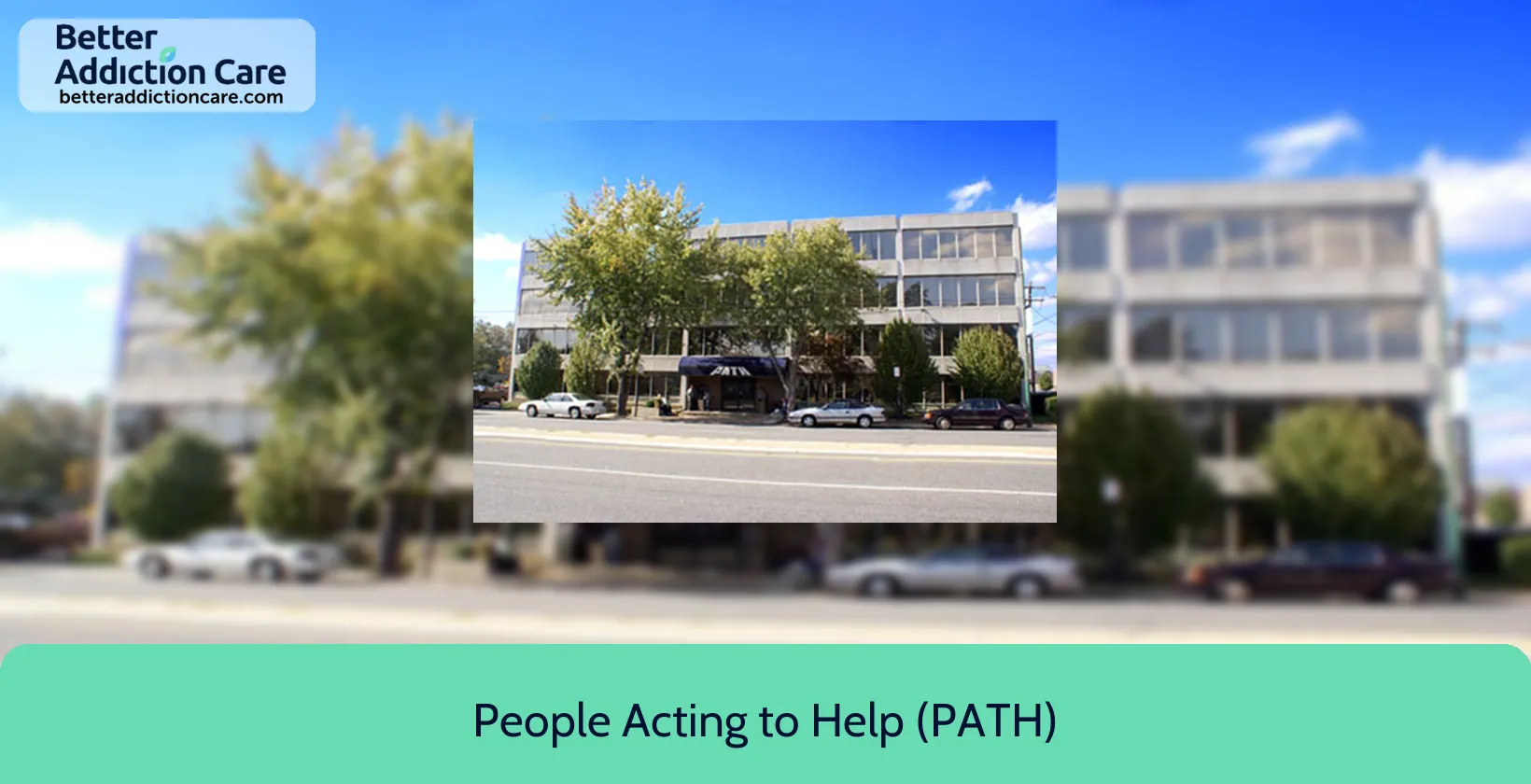
7.02

7.46
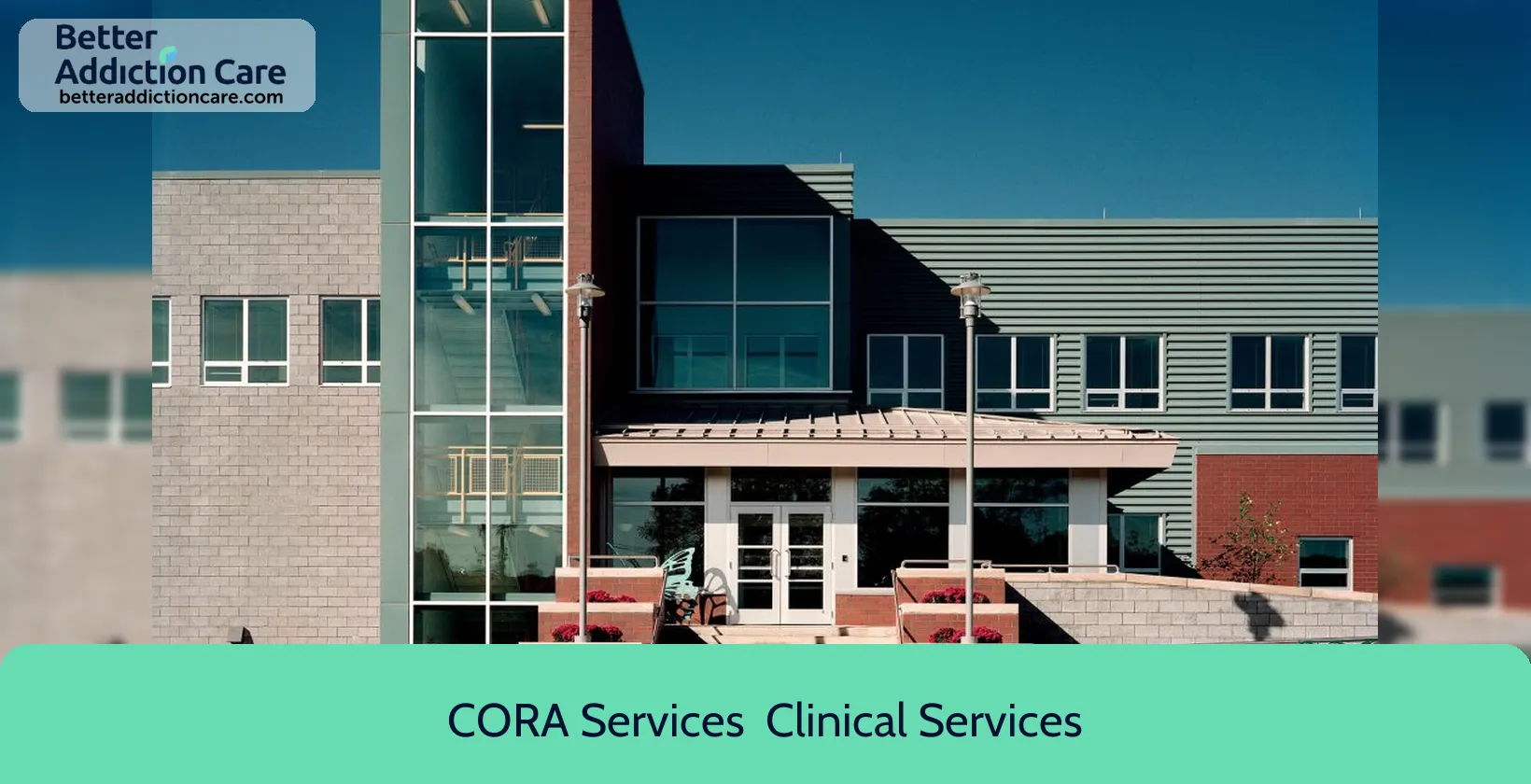
6.89
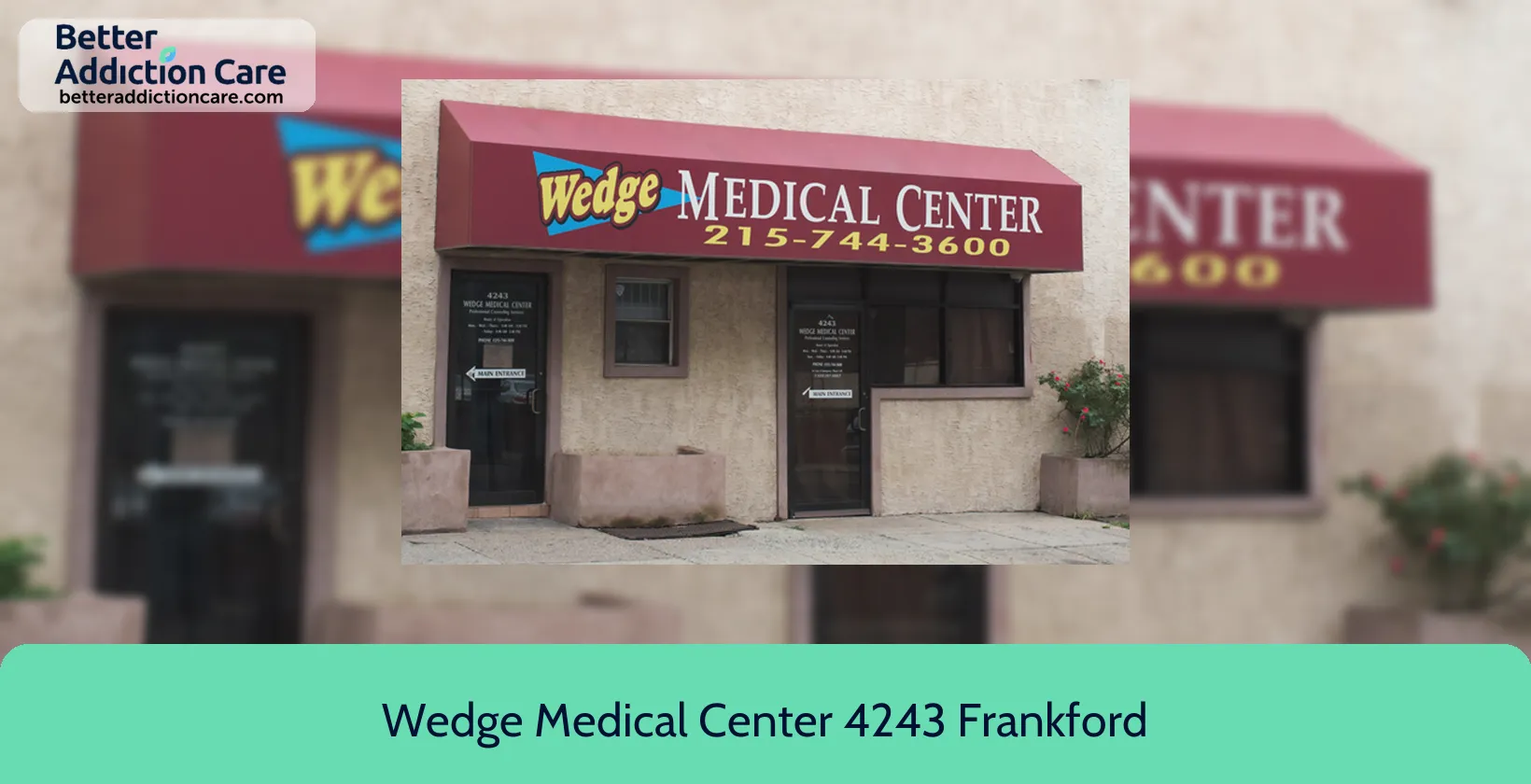
7.33

7.29
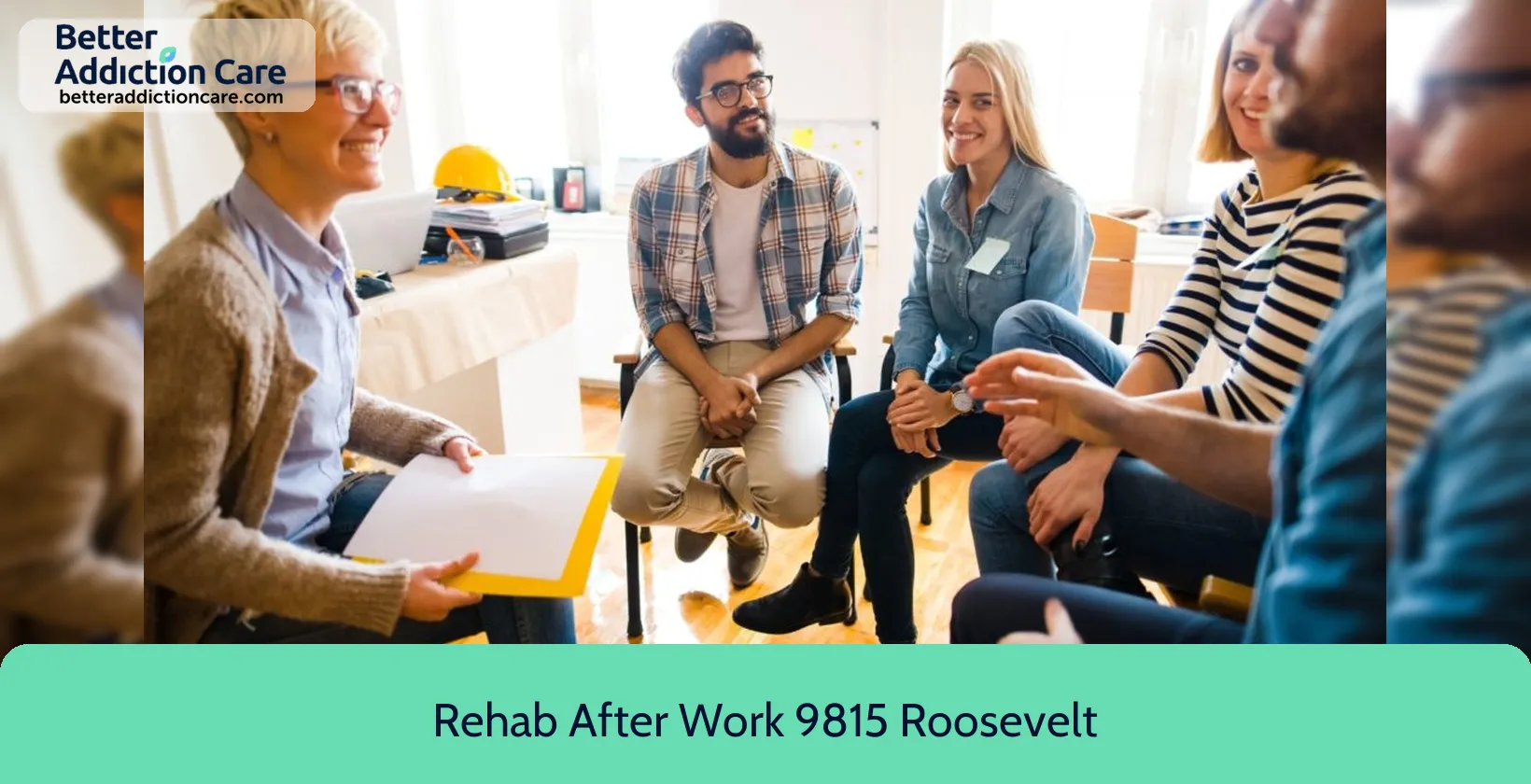
6.62
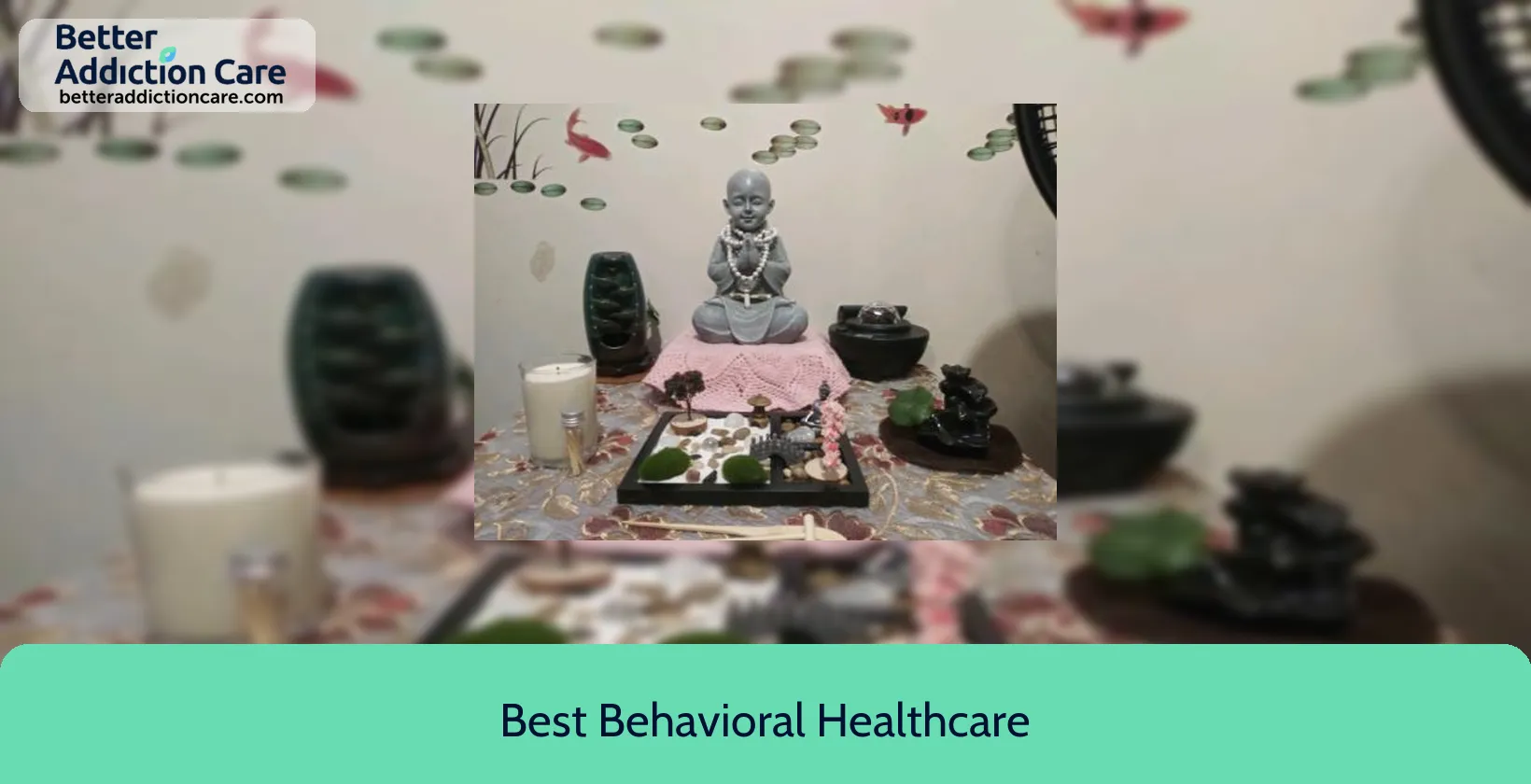
6.74
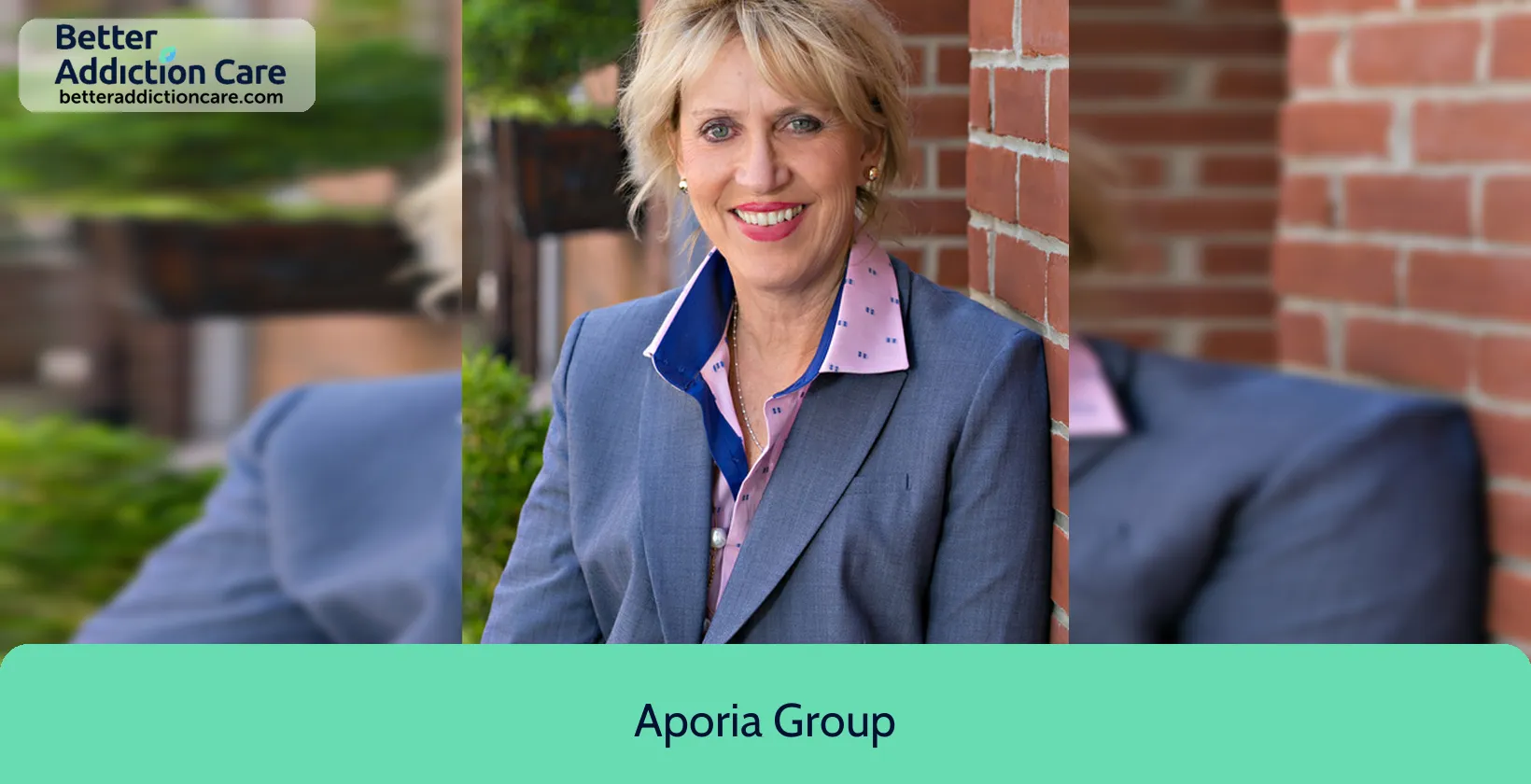
6.89
DISCLAIMER: The facility name, logo and brand are the property and registered trademarks of Aporia Group, and are being used for identification and informational purposes only. Use of these names, logos and brands shall not imply endorsement. BetterAddictionCare.com is not affiliated with or sponsored by Aporia Group.
